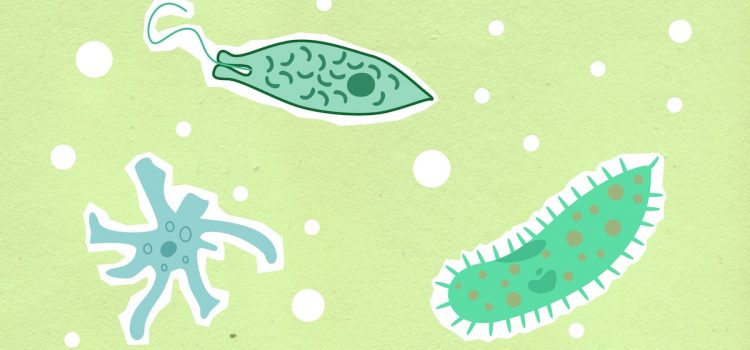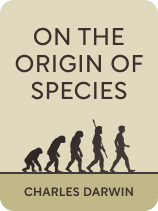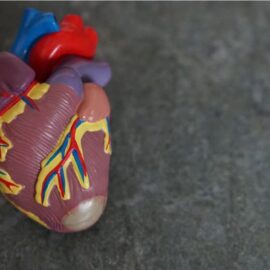

This article is an excerpt from the Shortform book guide to "On the Origin of Species" by Charles Darwin. Shortform has the world's best summaries and analyses of books you should be reading.
Like this article? Sign up for a free trial here.
Does natural selection have anything to do with the simplicity or complexity of an organism? Does the process of evolution ever end?
Charles Darwin’s theory of evolution was controversial in its time, even among scientists. In the final edition of On the Origin of Species, released in 1872, Darwin responds to objections raised by skeptics. One of these is that simple organisms continue to exist even after some evolved into complex ones.
Read more to learn Darwin’s rebuttals in defense of his theory.
Why Do Simple Organisms Still Exist?
Darwin cites critics who argue that the continued existence of simple organisms challenges the claim that sophisticated creatures evolved from simpler ones. If some simple organisms evolved into more complex ones, why didn’t all of them evolve that way? Darwin provides two explanations.
Rebuttal 1) Natural Selection Doesn’t Always Favor Complexity
First, Darwin argues that natural selection isn’t biased in favor of sophistication. Instead, species accumulate adaptations that allow them to continue reproducing. Therefore, a “simple” organism may still be well suited to its environment. For example, biologists have estimated that the earth contains about 2.5 million times as many ants as it does humans. Even though their bodies are simple, ants are still highly successful at surviving and reproducing.
(Shortform note: Some organisms, like goblin sharks, horseshoe crabs, and chambered nautiluses have earned the nickname “living fossils” for staying relatively the same for millions if not hundreds of millions of years. Why, when most organisms change, do some stay the same? Some evolutionary biologists attribute this to “stabilizing selection,” a form of natural selection that selects against extremes and in favor of an average characteristic. For example, snails with excessively thin shells are vulnerable to predators, but snails with excessively thick shells are less mobile. Therefore, evolution selects for shells of medium thickness. Thus, competing evolutionary pressures can stabilize each other, keeping traits consistent, sometimes for millions of years.)
Rebuttal 2) Evolution Is a Work in Progress
Second, Darwin reminds critics that evolution is never completed and every moment in natural history is a snapshot of a work in progress. In the future, organisms may evolve to become even more sophisticated. For example, chimpanzees aren’t as intelligent as humans now, but that doesn’t mean they couldn’t reach our current level in a few million years—a relatively short time in the scale of natural history.
| Are Humans Still Evolving? Researchers have tried to answer the question of whether humans are continuing to evolve. Some have theorized that humans have stopped evolving in the traditional sense: That is, low child mortality rates and effective birth control have made it so that individual choice, culture, and socioeconomics play a much larger role in reproduction than a person’s genes. Therefore, genes are no longer selected for or against through natural selection, and our species’ gene pool no longer changes in response to evolutionary pressure. However, some research suggests that humans are continuing to adapt to the conditions of civilization. For example, one study found that the cultivation of dairy has led to natural selection for genes that aid in digesting lactose. This change has taken place only within the last 5,000 to 10,000 years. |

———End of Preview———
Like what you just read? Read the rest of the world's best book summary and analysis of Charles Darwin's "On the Origin of Species" at Shortform.
Here's what you'll find in our full On the Origin of Species summary:
- Charles Darwin's theory of evolution that changed how we look at life on Earth
- The objections raised against Darwin's theory and Darwin's rebuttals
- Updates on Darwin's theories from contemporary biology






